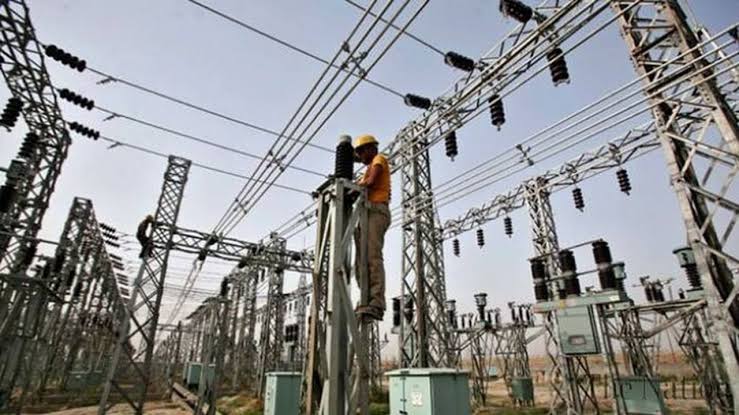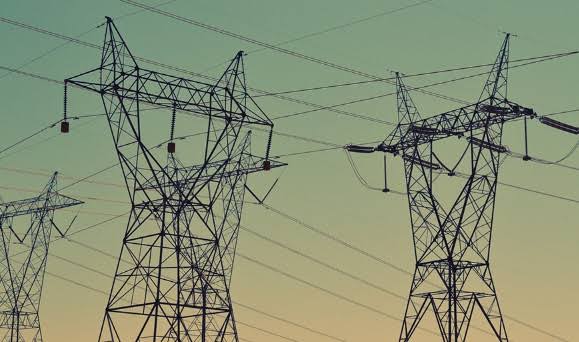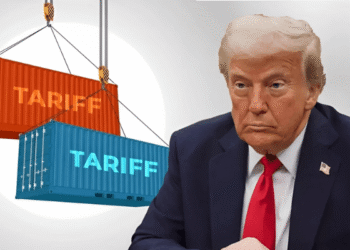The federal government’s electricity subsidy bill continues to rise, leading to speculation of increased electricity tariffs, particularly for Band A users. As of September, the subsidy bill stands at N181.63 billion, up from N102.30 billion in May.
Impact of Subsidy Removal
In April, the Nigerian Electricity Regulatory Commission (NERC) eliminated the electricity subsidy for Band A users, who receive at least 20 hours of electricity daily. This decision raised tariffs to N225 per kilowatt-hour (kWh) at the time subsidy rate was N140.7 billion. The hike sparked widespread criticism from various sectors, including labor unions and educational and healthcare institutions, which experienced tripled electricity bills.
Fluctuations in Tariff Rates
Following the subsidy decrease in May to N102.30 billion, tariffs were reduced to N206.80/kWh. However, with the subsidy rising again to N158 billion in July, tariffs slightly increased to N209/kWh. The subsidy has continued to rise, reaching N163.87 billion in July, N173.88 billion in August, and N181.63 billion in September, raising concerns about potential future increases.

Speculation of Future Hikes
With the current subsidy rate at N181.63 billion, there are speculations of another tariff hike as the Multi-Year Tariff Order (MYTO) scheduled for October may reflect the escalating costs of power generation unless conditions improve.
Factors Behind Rising Subsidies
The NERC has identified Nigeria’s ongoing foreign exchange crisis as a significant contributor to the increasing electricity subsidies. The exchange rate has risen from N1,494.1 in July to N1,601.5 in September. Coupled with inflation, these factors heavily impact power production costs.
NERC has indicated that future tariff adjustments will consider inflation rates, the naira-dollar exchange rate, gas prices, and generation capacity, applying the current exchange rate of N1,601.50 to the dollar and factoring in Nigeria’s inflation rate of 33.40% for July 2024.
Calls for Subsidy Removal
Reports indicate that electricity distribution companies (Discos) are advocating for the removal of subsidies across all customer bands, not just Band A. Some Discos are refusing to off-take power from the grid, citing non-cost-reflective tariffs as a primary concern.

















